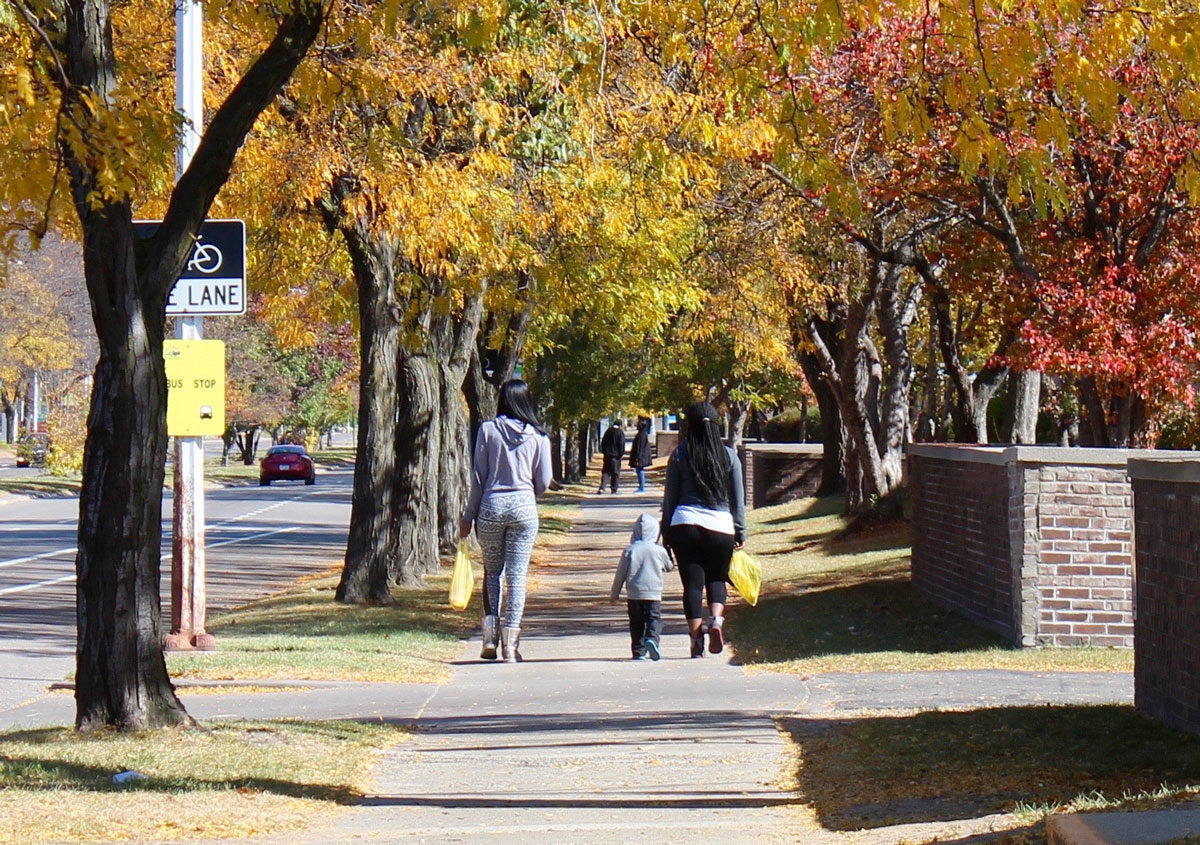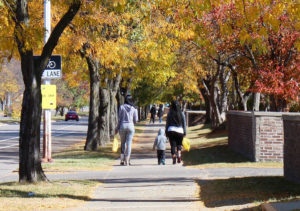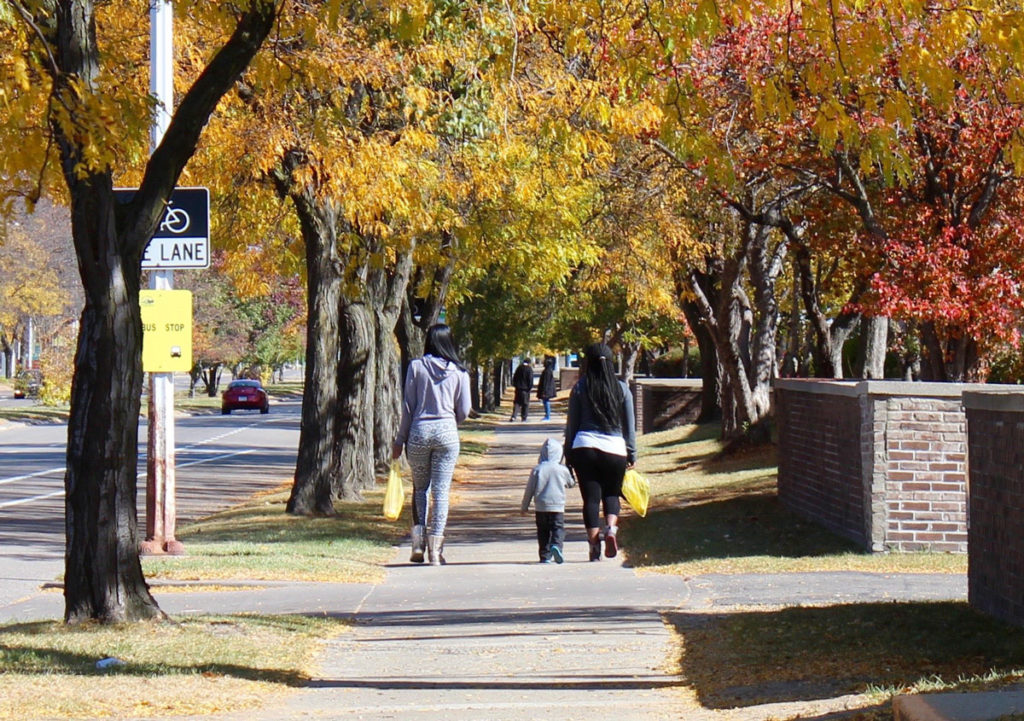Source: Poverty Solutions


Two women and a small child walk down a sunny sidewalk
About half of Detroiters say they are more likely than not to run out of money in the next three months due to the COVID-19 crisis, and 1 in 5 say they definitely will—assuming the economic shutdown continues for that long without families receiving additional support.
That’s according to new results from a rapid-response COVID-19 survey from the University of Michigan’s Detroit Metro Area Communities Study, which has polled Detroiters about their changing city since 2016. The COVID-19 wave of the representative survey was open from March 31 through April 9, during which time the city of Detroit’s total COVID-19 tally reached more than 6,000 confirmed cases and 345 coronavirus-related deaths.
“The DMACS survey results show Detroiters are not only concerned for their health but also their economic well-being during this pandemic,” said Jeffrey Morenoff, one of the faculty research leads for the study and director of the Population Studies Center at U-M’s Institute for Social Research. “We hope early insights into how the coronavirus outbreak is impacting Detroiters can help inform policy responses that directly address the community’s needs.”
The survey found Detroiters are most concerned about being able to care for family and friends and getting the health care they need during the coronavirus pandemic, even more so than having a place to live and access to transportation.
“Imagine not being able to provide for your family all of a sudden … especially after establishing [yourself] to a point where [you] shouldn’t have to just try and survive,” said one survey respondent.
Other notable findings from the COVID-19 survey include:
-
On average, Detroit residents put the likelihood of contracting COVID-19 in the next three months at 29%. Black residents and less educated residents, on average, report a lower perceived likelihood of contracting COVID-19 in the next three months than other residents.
-
97% of Detroiters said they have made at least one behavioral change in response to the COVID-19 crisis, and the most prevalent changes are adopting handwashing and engaging in social isolation.
-
Roughly half of Detroiters (46%) reported decreasing their spending in response to the COVID-19 crisis. Higher-income residents—who have greater flexibility in how they spend their resources—were more likely to have decreased their spending than lower-income residents.
-
35% of Detroiters employed full-time or part-time before March 1 lost their jobs as a result of the pandemic. Job losses were most prevalent among parents of young children, people with less education, people with lower incomes, people of color (black and Hispanic), and people under 30.
-
Ordering people to stay home, sending cash assistance to families and ensuring access to health care for all were among the top priorities for policy responses Detroiters wanted to see during the pandemic.
“The survey results show racial disparities in who has the financial means to weather this crisis as well as who is able to socially isolate and alter their work activities to help prevent the coronavirus spread,” said Lydia Wileden, a doctoral candidate at U-M who analyzed the survey data. “Responses to the pandemic in Detroit need to take into account those disparities and include all residents in the recovery from this economic disruption.”


